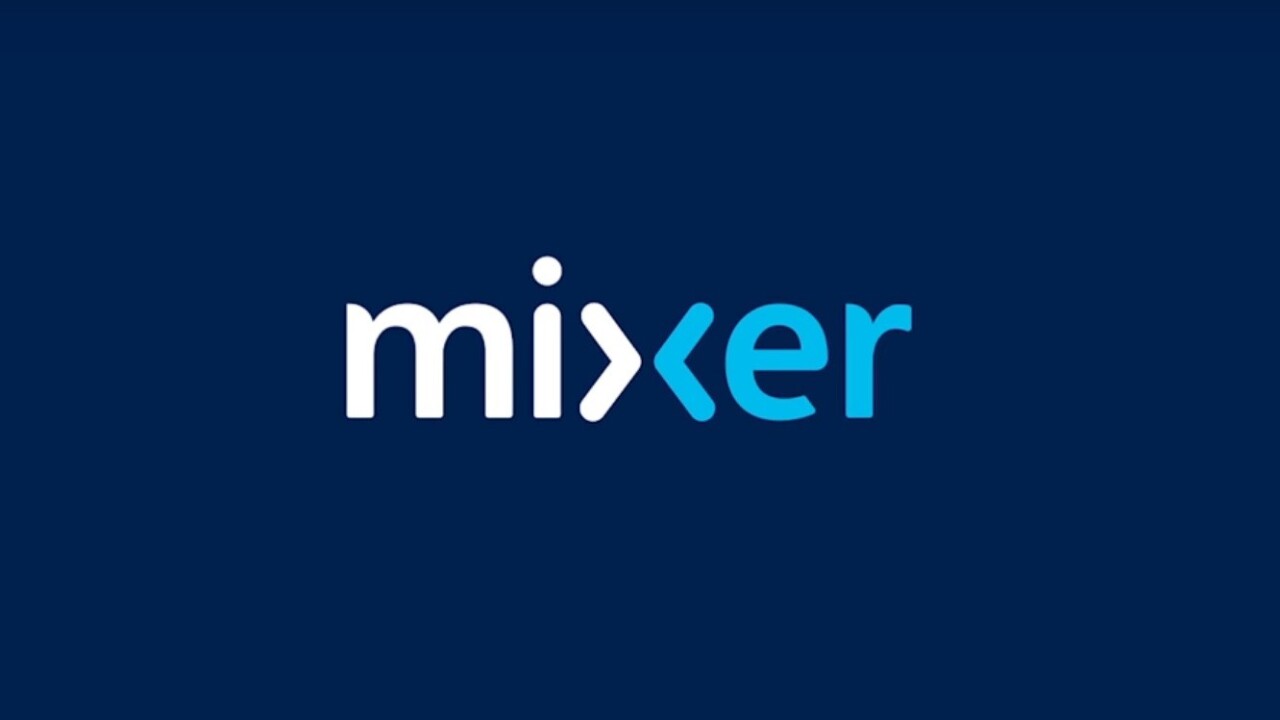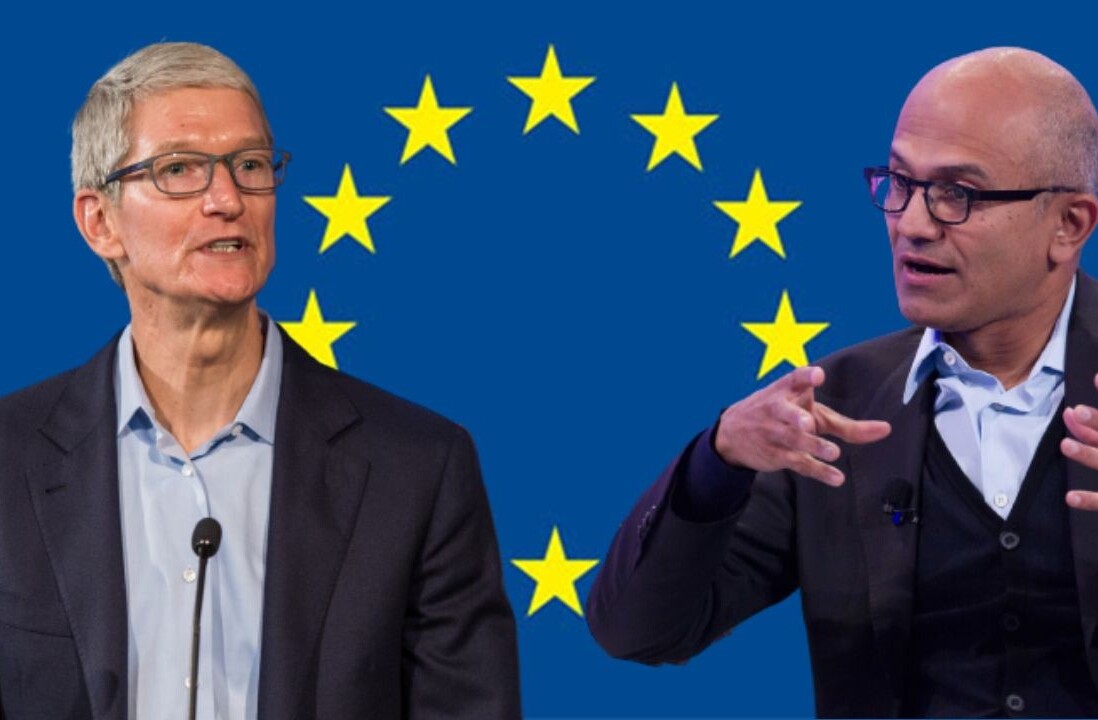Towards the end of June, Microsoft surprised everyone by announcing it was shutting down Mixer, the streaming service it’d been attempting to build into a Twitch competitor for years. Now millions (yes, millions) of channels are left without a platform. So where would they go?
The fall of Mixer
To say Microsoft’s move came as a shock to Mixer’s streamers would be to undersell it. I spent a few hours popping around Mixer channels after I heard the news and the reaction was more or less blank shock. After all, Microsoft seemed to be putting all of its weight behind Mixer. Now it not only decided to close the site apparently on a whim, but was announcing a partnership with Facebook, of all things. It left many asking: what the heck happened?
Welcome to the next gen of live game streaming. Join us at https://t.co/B4JmyQwcvK to celebrate. #mixer #mixerworks https://t.co/cWGDmGMQAI pic.twitter.com/r71Bj6otIh
— Mixer (@WatchMixer) May 25, 2017
The site was originally launched as Beam in January 2016. At the time, it differentiated itself from Twitch by having very low latency (there was then a substantial delay between Twitch viewers and their chat) as well as a platform that allowed chat members to interact with the streamer in various ways. The viewer was a more active member of the entertainment, put simply. Microsoft purchased Beam in August 2016 and relaunched it as Mixer in 2017. At the time no one seemed to pay much attention to it because Twitch was such a dominant force in the world of game streaming — if not the only real force — but Microsoft was certainly devoted to its new product. It dumped new features into it from the beginning, integrated it into both Windows 10 and Xbox One, and turned Mixer into the de facto platform for its video streams.
Read: PlayStation 5 vs Xbox Series X: How do they compare?
There was some innovation to the site, I’ll give it that. Mixer’s early payment apparatus essentially amounted to the viewer using onsite currency to “pay” a streamer without having to themselves pay any money, though this was later phased out in favor of Embers, which did actually cost the viewer money. Also, the notion of chat viewers having a direct influence on the stream was, while not new, very different from the vast majority of Twitch streams.
So what happened? Well, nothing — and that was kind of the problem. Mixer never really got off the ground to challenge the dominance of Twitch. It barely maintained its lead over the likes of Facebook. Consult any report on the state of streaming out there, and you’ll see Mixer as a sad little line under the upward slope that was Twitch or YouTube. Speaking as someone who’s been watching Mixer since it had only a handful of channels, it felt like something that was perpetually close to making it and just never did. I can see why Microsoft chose to shut it down — there’s only so many times you can throw money down the pit without getting any back. Not even big streamers like Ninja or Shroud could inject the necessary oomph into the platform.
Mixer Partners, streamers, and community – today, we've got some very big news for you.
While we’ve decided to close the operations side of Mixer, we're officially partnering with @FacebookGaming and we're cordially inviting all of you to join.
? https://t.co/E1eMDvjYQb pic.twitter.com/554hHAXfaB
— Mixer (@WatchMixer) June 22, 2020
But for a while there we almost had a viable alternative to Twitch and it was great. According to a report from Streamlabs, there was a massive upswing in active channels in the last quarter. All told, Mixer had about 5 million active channels — meaning channels that had put on a stream recently — at the time Microsoft closed up shop.
So now that Mixer is no more, where do those millions of streamers go? There are three big candidates: Twitch, Facebook Gaming, and YouTube Live.
Facebook Gaming
First, I’m perfectly aware that not everyone who streamed on Mixer will necessarily move to another platform. It sucks royally, but I have no doubt many will simply leave the hobby. As for those who are left, Microsoft is trying to push its new partnership with Facebook Gaming.
No matter where you choose to stream, the world is better with your gaming content in it. As the operations side of @WatchMixer is closing, we are inviting the Mixer Community to #FacebookGaming. More details: https://t.co/fRI2CBlTbZ pic.twitter.com/FVRTF9APVD
— Facebook Gaming (@FacebookGaming) June 22, 2020
Facebook’s push into gaming is a relatively recent endeavor, but it makes sense in business terms for Microsoft to partner with the platform — Microsoft is attempting to roll out its cloud gaming service, Project xCloud, and Mixer wasn’t a big enough platform to give it the video reach it would have needed to boost the platform. It needed a YouTube to its Stadia, and Facebook’s the only big game in town that’s not already owned by Amazon or Google.
The biggest benefit to those moving from Mixer is that Facebook is offering automatic partnership to anyone who was a Mixer partner. While that transfer of status doesn’t necessarily mean a transfer of audience, it could mean that those who were making money from their streams on Mixer will at least still have the mechanism to do so, which isn’t guaranteed elsewhere. Some Twitch streamers have already made the move before the fall of Mixer, so it’s not a terrible option.
If I could sum up the cons to this in the briefest way possible, it’d be: it’s Facebook. The Verge quoted one Mixer streamer as saying “Facebook is archaic. Their desire for all the data from their users is absolutely absurd… I really don’t get the feeling Facebook cares about their streaming platform at all.” That honestly sums it up better than I ever could. (This particular streamer, DM21Constellation, now streams on Twitch.)
YouTube Live
YouTube feels like an odd option to throw out there, given it’s mostly known for videos, rather than livestreams. But the YouTube Live format has seen some decent growth in the last year. Looking at the numbers in the latest Streamlabs report, YouTube’s streaming service is seeing a steady upward slope and lots of viewers.
There’s one huge advantage that YouTube has: everyone’s already there. By that, I mean that everyone already watches vids on YouTube. It’s merged with the dedicated YouTube Gaming site in the last few years, eliminating the barrier between the two. Lots of streamers already put their clips up on YouTube — now they can have one channel, one destination for people to come and see them. It’s very easy to find livestreamers on Twitch, so in theory it’d be easy to watch a few Fortnite vids and then go find a Fortnite streamer without leaving the platform.
— Ninja (@Ninja) July 8, 2020
And speaking of Fortnite, there are some indications Ninja, former golden boy of both Twitch and Mixer, is considering YouTube Live. He’s already done at least one livestream there. An injection of starpower from a streamer like Ninja would help boost the platform considerably.
But it remains to be seen if Mixer’s former streamers can see the same interaction that was so baked into Mixer on the likes of a YouTube livestream. Maybe the ones I’ve been in weren’t representative of the attitude of the platform, but it’s not the most interactive of the platforms. It lacks a certain interface something that Twitch has, and that Mixer had. I wouldn’t be surprised if former Mixer streamers find YouTube Live streaming too different from their old home.
Twitch
The big boss of the world of game streaming, Twitch’s numbers have been on a steady rise for a long time. While all of the above sites have attempted to chisel away a piece of Twitch’s market share for themselves, Amazon’s beast has steadily accrued more viewers, more streamers, and more hours watched than they can even dream of. According to the aforementioned Streamlabs report, Twitch had over 5 billion hours watched in the last quarter alone. Granted, some of that traffic might be due to the global pandemic and ensuing lockdown, but still.
Mixer streamers moving to Twitch might find it a much-changed platform. Speaking as someone who occasionally streams there, the tools that enable one to stream on the platform have become much more user-friendly over time. Twitch also offers both partnership, which is the hallowed rank at which you have a large enough audience to actually make some money on the platform; and affiliate if you’re just getting started and still want to try your hand at building up an audience.
More players make every game better. @WatchMixer built an incredible platform and grew a passionate community of talented creators.
To the Mixer community, we understand this is a difficult time. We encourage you to take the time you need, and know that Twitch is here to help.
— Twitch (@Twitch) June 23, 2020
The downside of this is that Mixer’s refugees are going to be very small fish in a very big pond. While I know some streamers who started on Twitch, moved to Mixer, and then transitioned back to their old Twitch channels, I can’t help but think it’s going to be brutal on those who are starting fresh on the new platform. I contacted Twitch to find out if former Mixer partners will receive any consideration in their bid for Twitch partnership, and have not yet received a response.
Also Twitch, while the home of many delightful people, is also a hotbed of some pretty nasty activity that seems built into the “culture,” if one can call it that. At roughly the same time Microsoft announced the Mixer shutdown, several were coming forth to denounce Twitch streamers (among other members of the gaming community) for sexist and predatory behavior. The community at its best is warm and welcoming, but at its worst it’s incredibly hostile and destructive.
Mixer’s refugees have options, albeit not the most varied ones. We’ll see how many streamers make the transition to the other sites.
Get the TNW newsletter
Get the most important tech news in your inbox each week.






